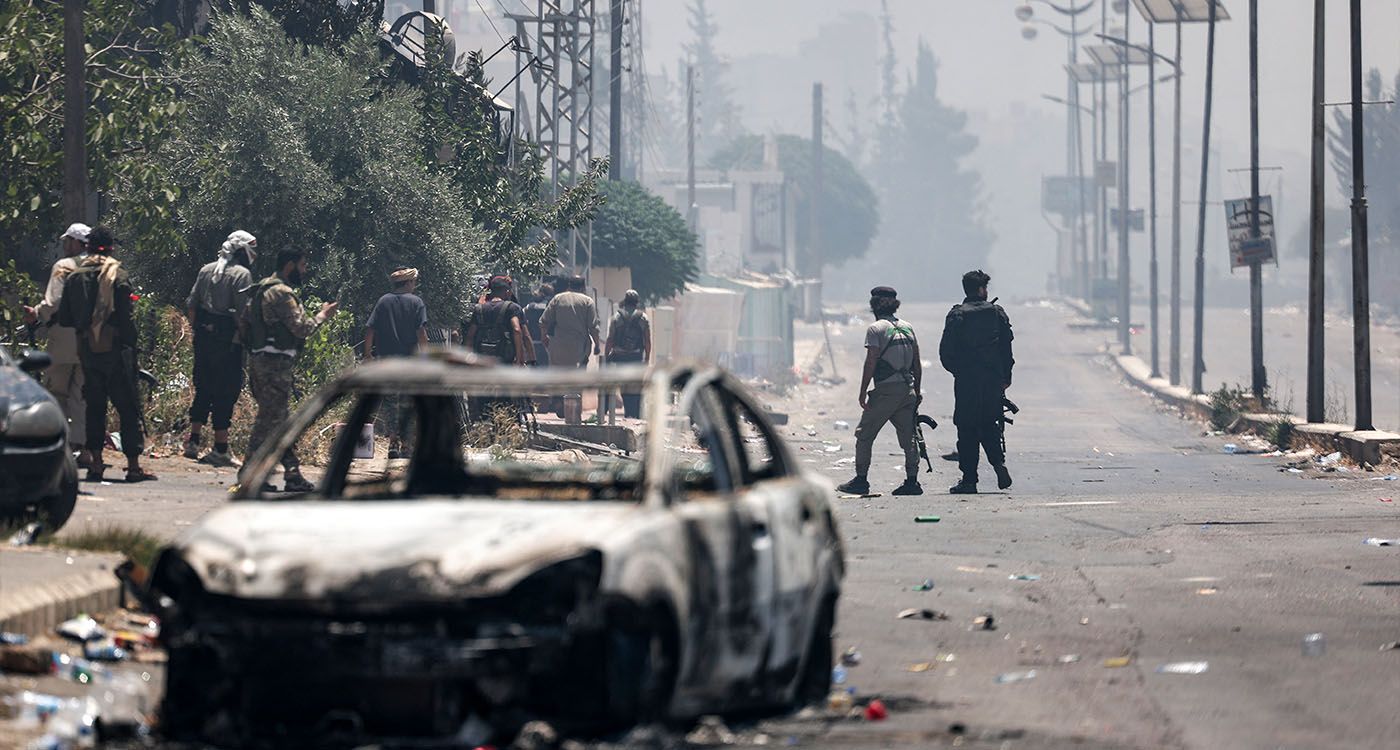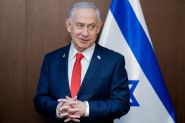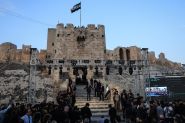- Home
- Middle East
- Syria: Balancing State Authority and Plural Sensitivities

©OMAR HAJ KADOUR / AFP
In the wake of the Soviet Union’s collapse in the early 1990s, French author and political analyst Alain Minc published a book with a strikingly evocative title that captured the spirit of the moment: The Revenge of Nations. He argued that decades of highly centralized communist rule had failed to erase the national sentiments of populations forced to coexist within artificial “republics” and to submit to an unnatural integration imposed by communist ideology.
When the Soviet glue binding these republics together gave way, nationalist sentiments forcefully resurfaced, leading in record time to the breakup of several entities long tethered to the communist orbit. The most telling case was undoubtedly Yugoslavia, where 35 years of dictatorship under Marshal Tito failed to erase — or even soften — the national identities of Serbs, Croats, Slovenes, Bosniaks, Montenegrins, and Macedonians. In his book, Alain Minc stresses the need to acknowledge this national resurgence but “under the rule of reason.”
Drawing lessons from the author’s analysis of Syria’s recent developments — with appropriate caution — reveals some key insights. Nearly fifty years of Assad family rule and Baath Party dictatorship have failed to heal deep communal divisions among Sunnis, Alawites, Druze and Christians, not to mention the long-ignored Kurdish minority. Instead of adopting a thoughtful, inclusive national integration strategy grounded in comprehensive development, the regime, whose sectarian leanings are overt, has shown persistent political blindness whose deadly consequences are unfolding today — consequences likely exacerbated and manipulated by outside forces.
Even more alarming are the clashes and massacres in the predominantly Druze region of Sweida, starkly illustrating the dangerous gamble taken by the Iranian regime — a tactic it has successfully enforced in Iraq: folding a deeply indoctrinated, sectarian militia, controlled by a regional power, into the state’s security forces (Army, police and others). Multiple sources — including the latest from the US Secretary of State — confirm that the attacks and summary executions of civilians in Sweida were carried out, at least in part, by members of the state security apparatus whose actions on the ground revealed brutal and deadly hostility toward certain groups within the population.
Another crucial lesson from Syria’s tragic developments is the destructive impact of militia factions operating beyond any state control, posing a direct challenge to government authority and threatening social cohesion — similar to the fait accompli imposed by Hezbollah in Lebanon. A government can assert its authority, maintain civil order and guarantee the protection of all communities only if it relies on a robust, cohesive security apparatus whose personnel answer exclusively to state directives, even when the deployment of regular forces in a particular region takes local sensitivities into account. This is precisely the approach Syrian President Ahmad al-Sharaa recently adopted by entrusting the security of the Sweida region to its local Druze community.
In pluralistic countries such as Syria, Lebanon and Iraq, a pragmatic approach based on decentralized security can coexist with the imperatives of national unity — provided that the forces charged with maintaining order refrain from succumbing to sectarian and divisive conduct. As Alain Minc points out in his book, the challenge lies in striking an appropriate balance between acknowledging the revival of diverse or national identities and the central government’s obligation to assert its authority through what he terms a “government of reason.” This entails an unyielding campaign against hate speech and terrorist organizations responsible for heinous acts. The future of the region’s populations hinges on the success of this endeavor.
Read more




Comments